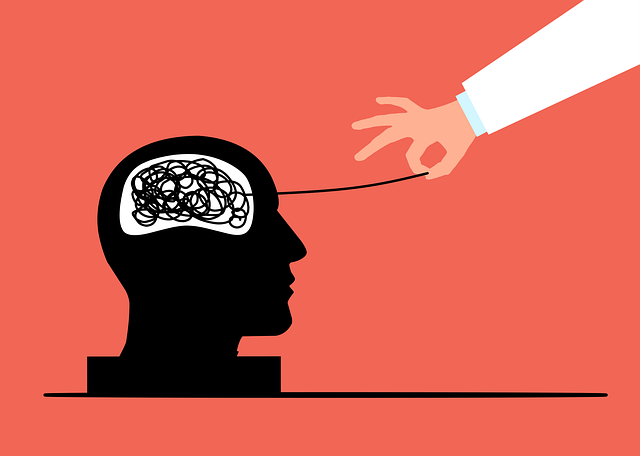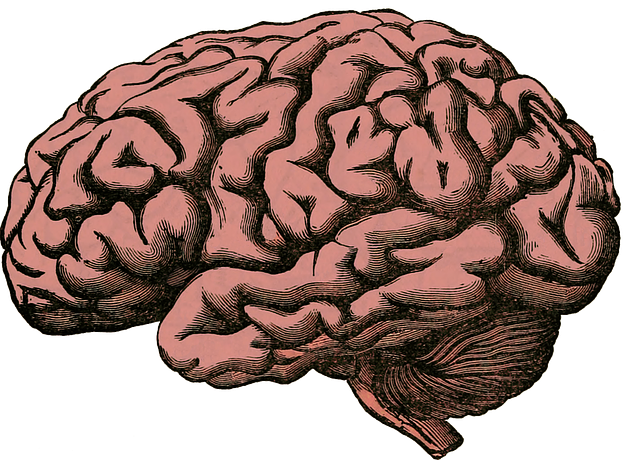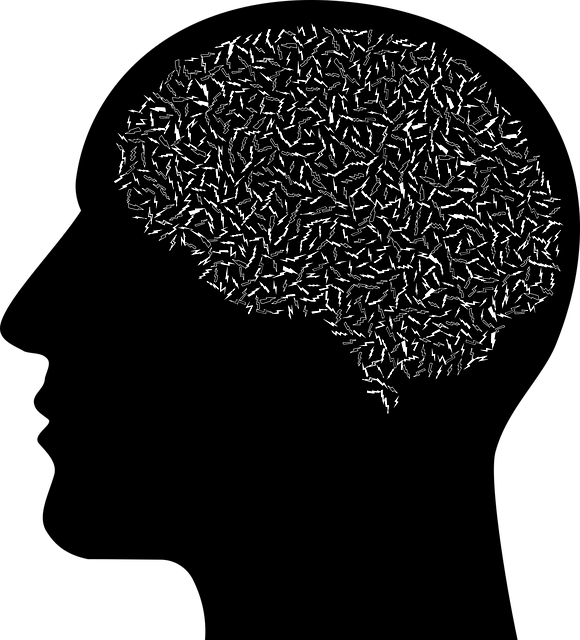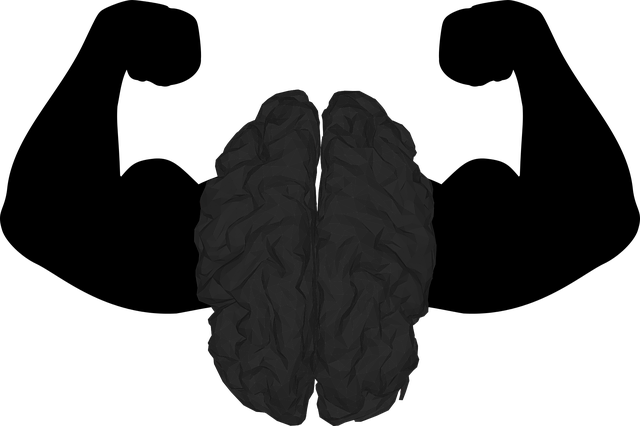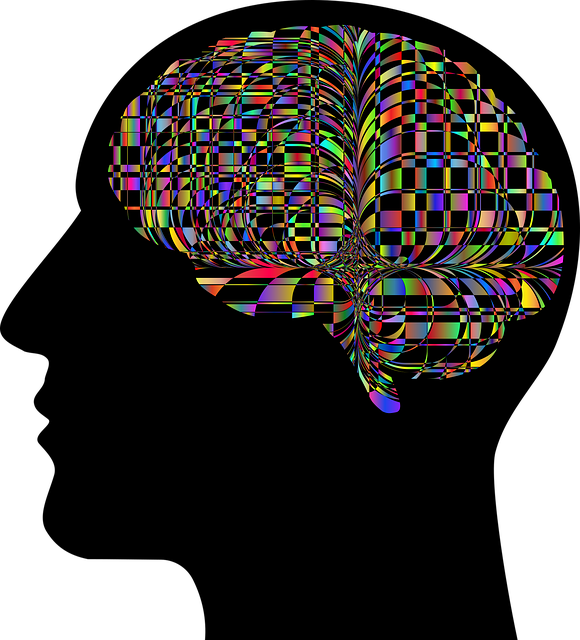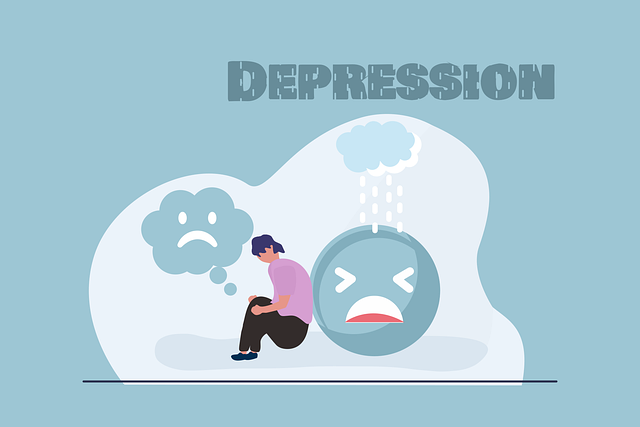Effective mental health education, focusing on disorders like depression and anxiety, requires a biological understanding and dispel of myths through evidence-based practices and Mind Over Matter principles. A program based on Parker Learning Disability Therapy integrates emotional intelligence development, adaptive teaching methods, and interactive formats to enhance social interactions and cater to diverse learners. Public awareness campaigns, risk management for professionals, strategic evaluation, and advocacy for Mental Health Policies are crucial components to empower individuals in managing their mental health within communities, ensuring continuous improvement and positive outcomes.
Mental health education programs play a pivotal role in fostering well-being and supporting individuals with diverse needs. This article explores the design and implementation of an effective program, focusing on Parker Learning Disability Therapy. We delve into understanding mental health disorders and their impact, providing insights tailored to this specific therapy. Key strategies for engagement and education are outlined, along with methods for measuring success. By integrating these elements, we aim to enhance the accessibility and efficacy of mental health resources, particularly for those with learning disabilities.
- Understanding Mental Health Disorders and Their Impact
- Designing an Effective Education Program for Parker Learning Disability Therapy
- Implementation Strategies to Engage and Educate
- Measuring Success and Continuous Improvement in Mental Health Education
Understanding Mental Health Disorders and Their Impact

Understanding mental health disorders is a cornerstone of any effective education program. It involves recognizing that conditions like depression and anxiety are more than mere emotional fluctuations; they are biological disorders impacting brain chemistry and cognitive processes, often influenced by genetic predispositions, environmental factors, and life experiences. For instance, Parker Learning Disability Therapy emphasizes the interconnectedness of mental health and learning abilities, highlighting how disorders can manifest as challenges in academic performance or social interactions.
Educational initiatives should aim to dispel myths and stigmatize these conditions. By incorporating evidence-based practices and Mind Over Matter principles, programs can foster public awareness campaigns development that encourages early intervention and support. Targeting depression prevention through accessible education is crucial, as it equips individuals with coping strategies and promotes resilience, ultimately contributing to enhanced well-being and productivity in various aspects of life.
Designing an Effective Education Program for Parker Learning Disability Therapy

Designing an education program for Parker Learning Disability Therapy requires a nuanced approach that caters to the unique needs of individuals with learning disabilities. The first step is to understand the core principles of mental wellness and how it intertwines with academic success. Incorporating activities that foster empathy building strategies can significantly enhance social interactions and create an inclusive environment, which is vital for the holistic development of students with learning disabilities.
The curriculum should focus on developing emotional intelligence as a key component of personal growth. Teaching students to recognize and manage their emotions effectively empowers them to navigate academic challenges and build resilience. By combining evidence-based practices and adaptive teaching methods, educators can design engaging lessons that cater to diverse learning styles, ensuring every student receives the support they need to thrive.
Implementation Strategies to Engage and Educate

Implementing a mental health education program requires strategic approaches to ensure maximum engagement and knowledge retention. One effective strategy is to utilize interactive and engaging formats such as workshops, group discussions, and role-playing scenarios. These methods not only make learning fun but also encourage active participation, fostering an environment conducive to knowledge retention. For instance, incorporating Parker Learning Disability Therapy techniques into these sessions can cater to diverse learning styles and enhance understanding among participants.
Additionally, leveraging public awareness campaigns and integrating them with the program can significantly increase reach and impact. These campaigns can highlight mental health issues, dispel stigmas, and encourage open conversations, ultimately fostering a culture of care and support. Furthermore, incorporating risk management planning for mental health professionals is vital to ensure their well-being while providing services. By addressing these aspects through a comprehensive curriculum, the program can effectively educate and empower individuals to manage their mental health and provide anxiety relief in their communities.
Measuring Success and Continuous Improvement in Mental Health Education

Measuring success and fostering continuous improvement are vital components of any comprehensive mental health education program, especially when considering challenges like Parker Learning Disability Therapy. Effective evaluation methods allow educators to assess the impact and reach of their initiatives, ensuring they align with the evolving needs of students. By implementing diverse assessment tools, such as pre- and post-program surveys, student feedback forms, and teacher observations, programs can gauge knowledge acquisition, self-esteem improvement, and mood management skills.
Regularly analyzing these metrics enables educators to identify areas for enhancement, adapt teaching strategies, and integrate new techniques that promote positive mental health outcomes. Moreover, engaging in a Mental Health Policy Analysis and Advocacy is essential to understanding broader systemic changes needed to support students’ mental well-being. This holistic approach ensures the program’s sustainability and relevance in addressing contemporary mental health challenges.
Mental health education programs, such as those focusing on Parker Learning Disability Therapy, require a thoughtful and structured approach. By understanding the impact of mental health disorders and tailoring educational strategies, we can effectively engage learners and foster positive outcomes. Implementation strategies that emphasize interactive learning and continuous improvement ensure that these programs remain relevant and beneficial. Measuring success through diverse metrics allows for refining and enhancing the overall education experience, ultimately contributing to improved mental well-being.
